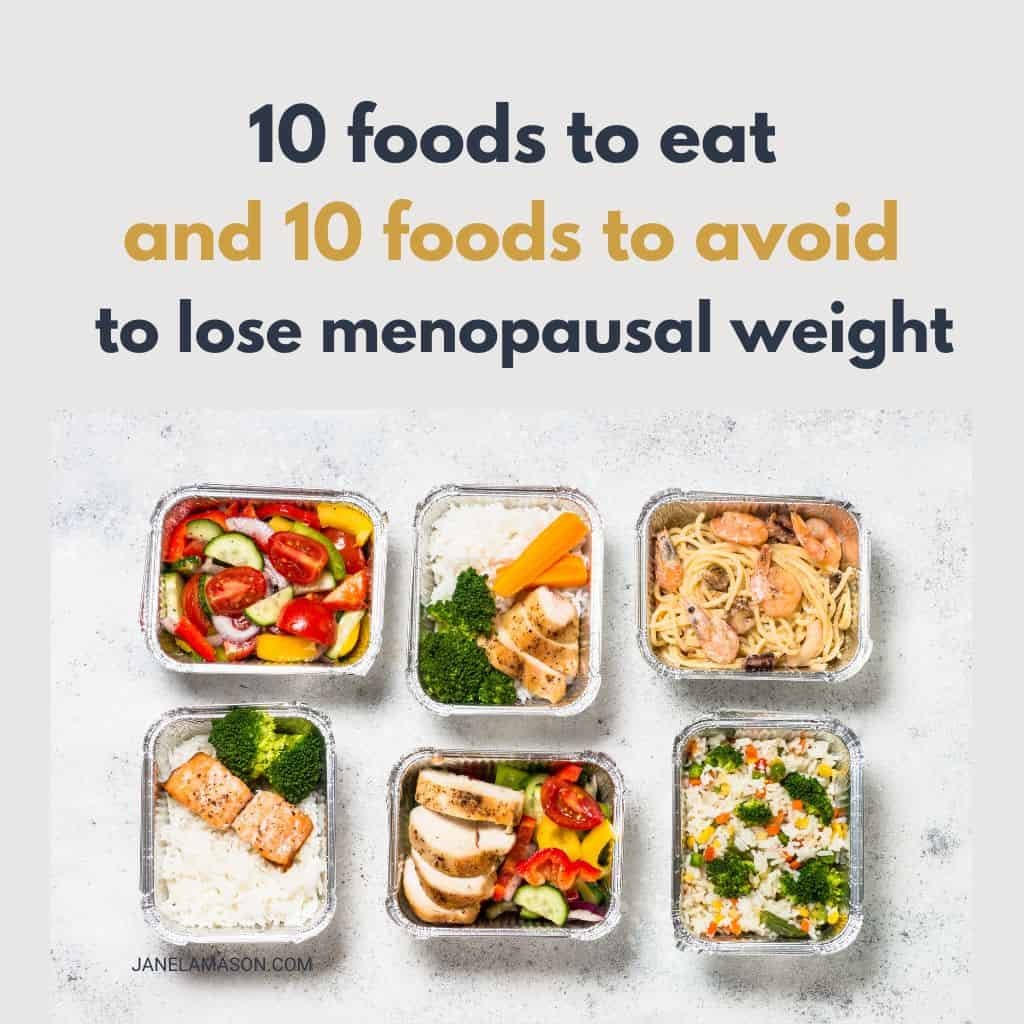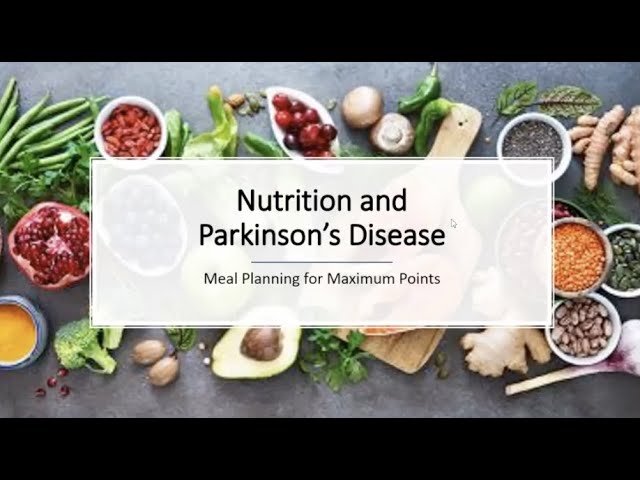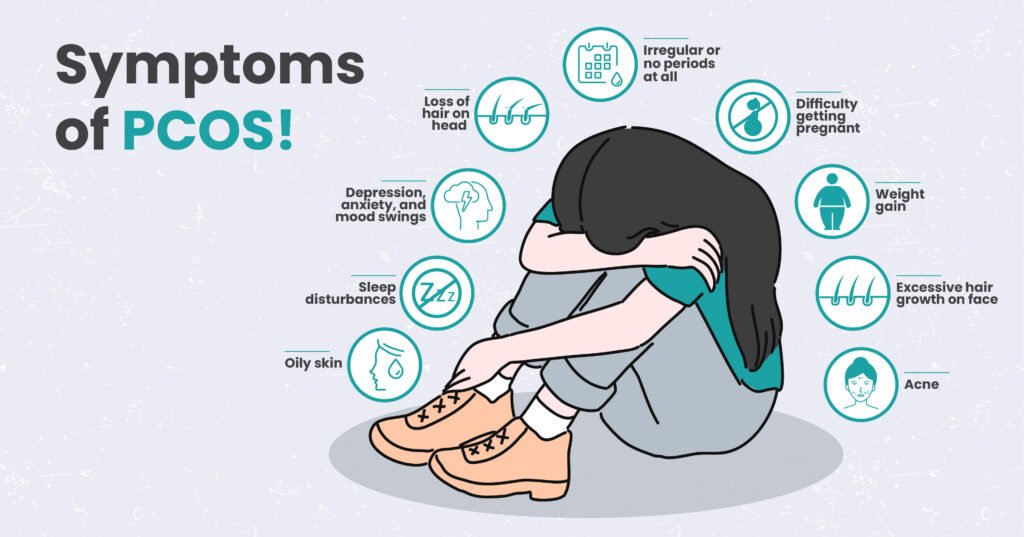Menopause is a natural biological process that occurs in women when they stop menstruating and are no longer able to conceive children.
It is defined as the permanent cessation of menstrual periods and is usually diagnosed when a woman has not had a period for 12 consecutive months.
Menopause typically occurs between the ages of 45 and 55, but it can happen earlier or later in some women.
The process of menopause is caused by the natural decline of the ovaries’ function, which leads to a decrease in the production of estrogen and progesterone hormones.
As a result of this hormonal change, women may experience a variety of symptoms, including hot flashes, night sweats, mood changes, vaginal dryness, and sleep disturbances. These symptoms can be managed through lifestyle changes, hormone replacement therapy, and other treatments.
Menopause marks the end of a woman’s reproductive years and the beginning of a new phase of life.
While it can be challenging for some women, it is a normal part of the aging process and does not necessarily mean a loss of vitality or health. Losing weight during menopause can be challenging, but it’s certainly possible.
Here are some tips that can help:
Increase your physical activity: Exercise can help you burn more calories, maintain muscle mass, and increase metabolism. Try to aim for at least 30 minutes of moderate-intensity activity, such as brisk walking, jogging, cycling, or swimming, most days of the week.
Eat a balanced diet: Choose foods that are high in fiber, protein, and healthy fats, such as fruits, vegetables, whole grains, lean proteins, and healthy fats like nuts, seeds, and olive oil. Avoid processed and sugary foods, as they can contribute to weight gain.
Control your portion sizes: Menopausal women may need fewer calories than they did when they were younger.
Use smaller plates, cups, and bowls, and avoid eating in front of the TV or computer, as these distractions can lead to overeating.
Stay hydrated: Drinking enough water can help you feel full and reduce your appetite. Aim for at least 8 glasses of water per day.
Get enough sleep: Poor sleep can disrupt your hormones and increase your risk of weight gain. Aim for 7-8 hours of sleep each night.
Manage stress: Menopause can be a stressful time, and stress can contribute to weight gain.
Try relaxation techniques like yoga, meditation, or deep breathing to manage stress and anxiety.
Consider hormone therapy: Hormone therapy may help alleviate menopausal symptoms, including weight gain.
Talk to your doctor to see if hormone therapy is right for you.
Remember, losing weight during menopause may take longer than it did when you were younger, but it’s still possible with a healthy lifestyle and a bit of patience.
Geetanjali- The Voice of Healthcare- a Reg, Clinical Dietician Nutritionist, Wellness-Speaker, Author, Anchor, Wellness Expert, Pod-caster, Blogger, You tuber is based in Mumbai



